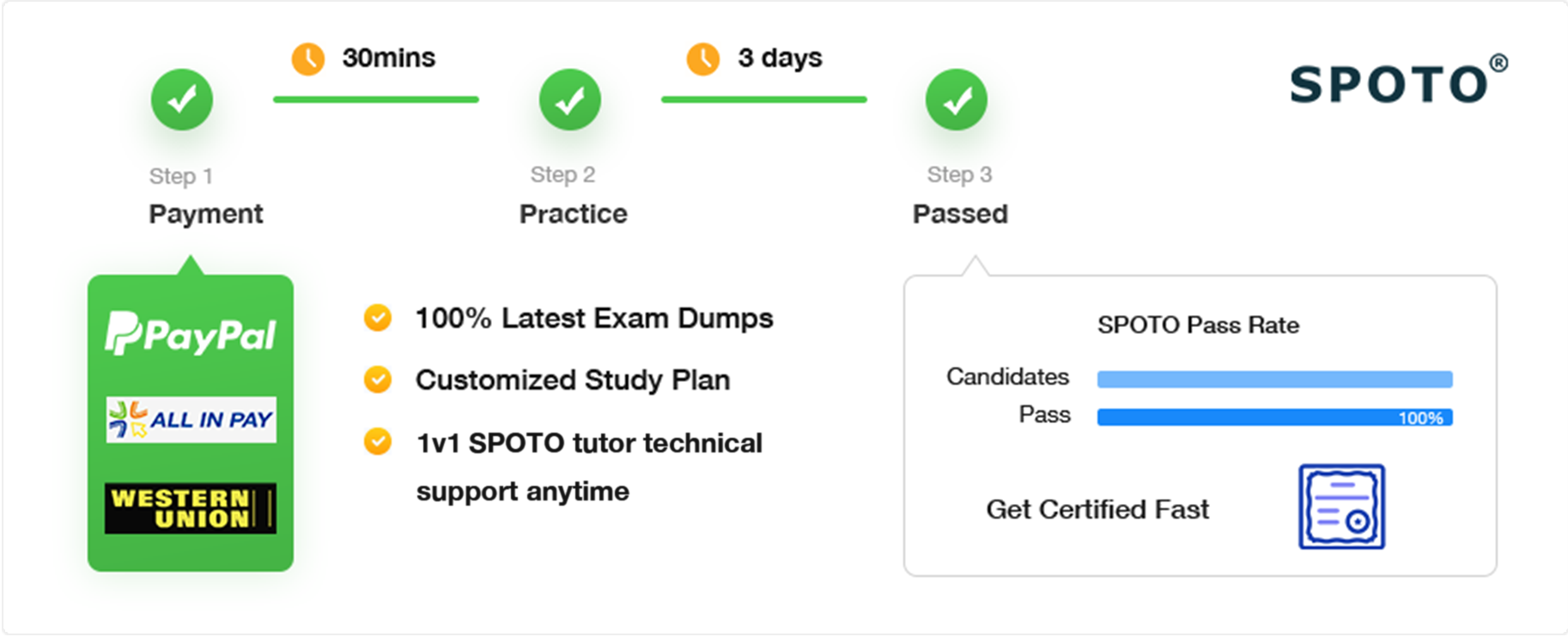1. Exam Overview: The JN0-611 exam is designed to validate the knowledge and skills required for Juniper Networks Certified Professional - Cloud (JNCIP-Cloud) certification. This certification verifies the candidate's ability to apply cloud computing concepts and techniques, evaluate cloud platforms and services, design and implement cloud security, and migrate workloads to the cloud.
2. Exam Topics:
- Advanced Cloud Computing: In-depth knowledge of cloud computing concepts, service models (IaaS/PaaS/SaaS), deployment models (public/private/hybrid), pros and cons, use cases, etc. Evaluate how key characteristics like scalability, elasticity, and resilience are enabled in cloud environments.
- Cloud Platform and Service Evaluation: Analyze various cloud platforms such as AWS, Azure and GCP as well as their IaaS, PaaS and SaaS offerings. Compare and contrast their capabilities, limitations, pricing models, etc. to determine optimal solutions.
- Cloud Native Application Design: Design microservices-based and event-driven applications for deployment in cloud environments. Address scalability, resilience, automation, and portability requirements. Leverage containerization, orchestration, and cloud services.
- Migration Strategy and Planning: Develop strategies and plans for migrating on-premises workloads to different cloud platforms. Address challenges around compatibility, security, networking, storage, etc. Choose optimal migration approaches for specific workloads.
- Cloud Security: Implement security controls and best practices for cloud infrastructure, platforms, applications, and data. Address risks around multi-tenancy, loss of physical control, lack of transparency, etc. Leverage tools and techniques for access control, encryption, auditing, etc.
- Automation and Orchestration: Apply tools like Ansible, Chef, Terraform, Kubernetes, etc. to automate provisioning, configuration, deployment, scaling, and management of cloud resources and workloads. Benefits and use cases of automation and orchestration in cloud environments.
3. Exam Format: 65 multiple choice questions (single and multiple responses), 105 minutes.
4. Exam Tips:
- Expert in key cloud computing concepts, models, pros and cons, use cases, and enabling characteristics.
- Skilled in analyzing and evaluating various cloud platforms such as AWS, Azure and GCP as well as their IaaS, PaaS and SaaS offerings.
- Proficient in designing microservices-based and event-driven applications for the cloud. Expert in related concepts such as containers, orchestration tools, and cloud services.
- Knowledgeable in developing optimal migration strategies and plans for different workloads based on challenges. Understand migration approaches like re-hosting, re-platforming, re-architecting, etc.
- Expert in implementing security controls and best practices specifically for cloud infrastructure, platforms, applications, and data. Familiar with tools and techniques for access control, encryption, auditing, etc.
- Skilled in tools like Ansible, Chef, Terraform, Kubernetes, etc. for automating provisioning, deployment, scaling, config management, etc. of cloud resources and workloads.
- Significant hands-on experience with a variety of cloud platforms, services and tools required. Stay on the cutting edge of cloud technologies and security.
- The passing score is 300 out of 400 points. Extensive preparation and practical experience are essential.
In summary, the JN0-611 exam evaluates a candidate's skills and competence in applying advanced cloud computing concepts. Experience with planning, designing, implementing and operating various cloud solutions and workloads can be demonstrated. With diligent preparation, JNCIP-Cloud certification signifies the ability to work with and optimize public and private cloud environments for organizations. It brings significant career opportunities as a cloud architect, cloud systems engineer or cloud security specialist.
3 pasos para obtener la certificación

Pase su próximo examen de certificación rápido
Chat Now


Retroalimentación del estudiante
0.0
Calificación del curso
Reseñas
Agregar una revisión